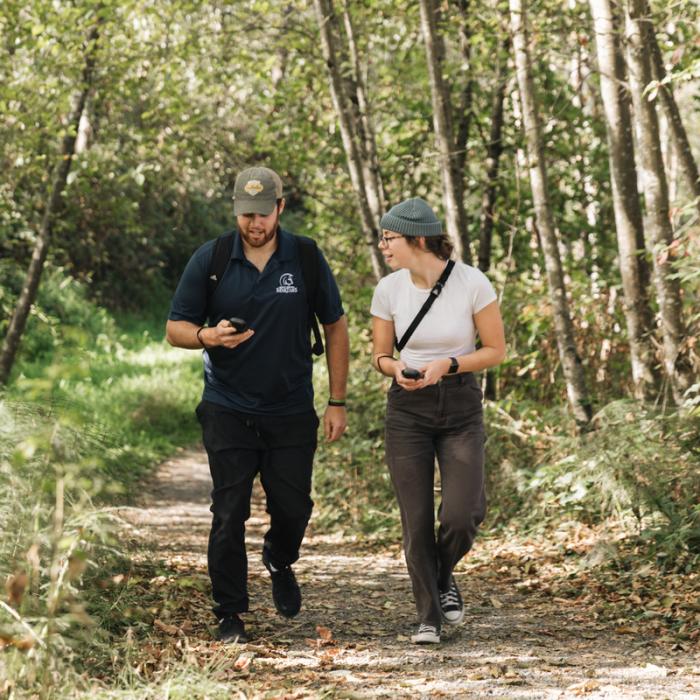TWU’s Department of Biology equips students to work and lead in areas such as biotechnology, the health sciences, ecology, and environmental stewardship.
Becoming a student of our Biology program will allow you to engage your curiosity and use your degree to meaningfully contribute to society. Emerging diseases, environmental sustainability, and genomics are just a few topics that you will investigate. At TWU, you will be prepared for a career in the health sciences, research, or education, with solid training in science and ethics from a Christian worldview. Our biology faculty are experts in their fields who integrate research, love for teaching, and Christian faith in the classroom. As a biology student, you will have the opportunity to work with faculty on cutting-edge research in cell biology and genetics, ecology and environmental biology, and applied and medical microbiology. This valuable research experience, coupled with our rigorous curriculum, can lead you to high-profile medical, dental, veterinary, and graduate programs around the world. Our small class sizes mean you receive more individual attention, as well as mentoring opportunities to work with faculty on research. We are committed to providing you with hands-on instruction at all year-levels, so you will be in the lab more—and sooner. As a biology student, you will have the opportunity to participate in travel studies courses, such as botany and ecology, in BC’s Gulf Islands and Hawaii.
Related Programs
Meet the Faculty
Meet some of our world class faculty and staff inspiring great minds and changing the world.

Laura A. Onyango, PhD









